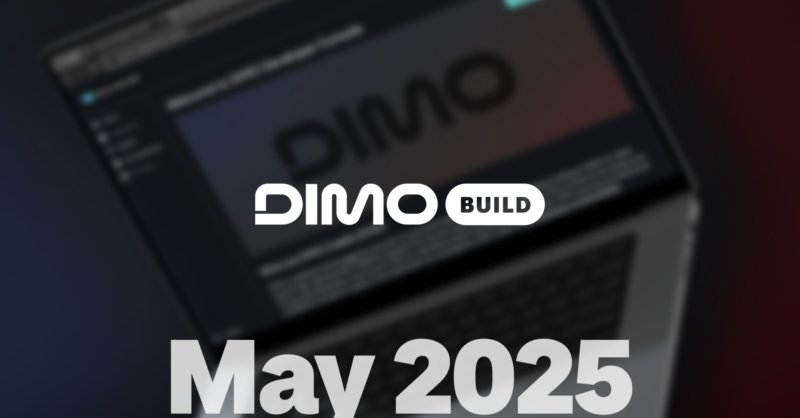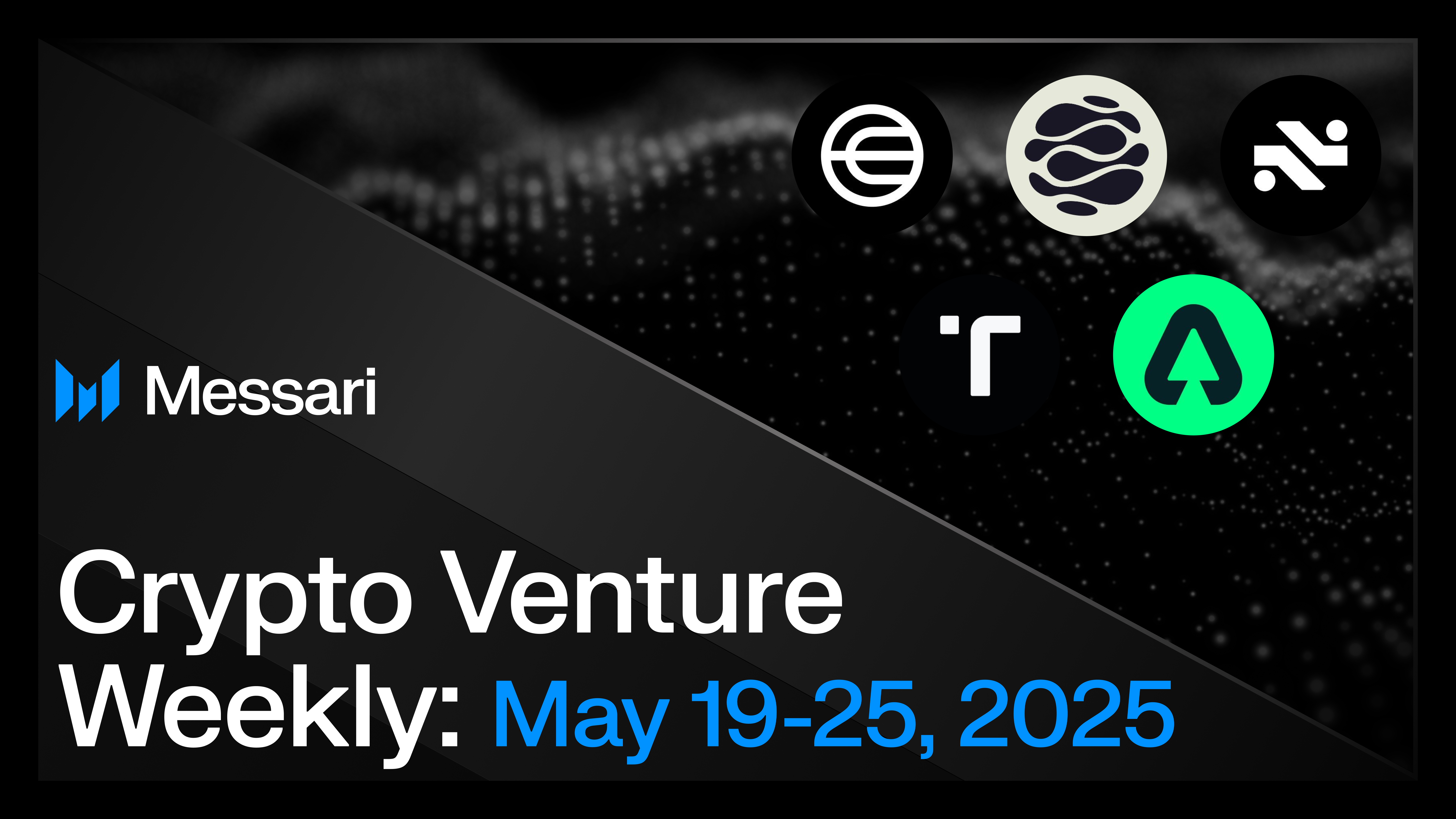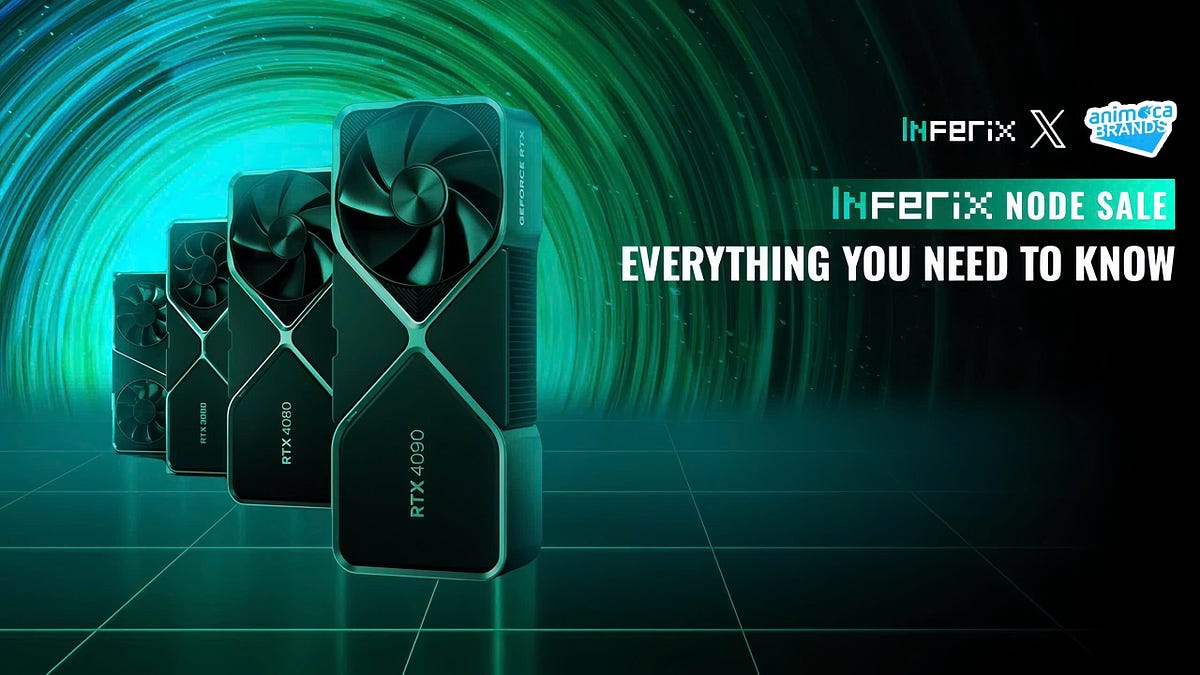Emerging Low-Cap Cryptos: JetBolt, EigenLayer, and More Set to Breakout

In the ever-evolving landscape of low-cap cryptocurrencies, several projects are gaining significant traction and attention. JetBolt (JBOLT) is making headlines with its innovative zero-gas technology, which is redefining crypto transactions and attracting a surge of interest during its presale phase. Over 340 million JBOLT tokens have already been sold, showcasing the enthusiasm from early adopters and crypto whales alike. This platform not only eliminates gas fees but also integrates AI tools to enhance user experience, making it a promising contender in the crypto market.
EigenLayer (EIGEN) is another standout, revolutionizing Ethereum security through its restaking protocol that allows users to leverage their staked ETH across multiple protocols. With a total value locked (TVL) exceeding $20 billion, EigenLayer is rapidly gaining popularity and is now listed on major exchanges like Binance and Bitfinex. Similarly, Flux (FLUX) is reshaping decentralized cloud computing with its extensive network of over 13,000 nodes, while DappRadar (RADAR) is establishing itself as the go-to analytics platform for Web3, tracking thousands of decentralized applications.
Other noteworthy projects include Qtum (QTUM), which merges Bitcoin’s security with Ethereum’s smart contracts, and Immutable X (IMX), which is transforming NFT trading with gas-free transactions. As these low-cap gems continue to innovate and expand their ecosystems, the crypto community is keenly watching which of these projects will emerge as the next breakout stars. With their unique offerings and growing user bases, JetBolt, EigenLayer, Flux, DappRadar, Qtum, and Immutable X are poised to make significant impacts in the cryptocurrency market in the coming years.
Related News





